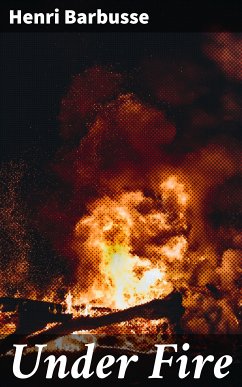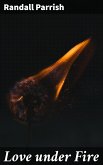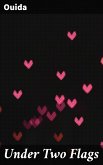In "Under Fire," Henri Barbusse presents a raw and unflinching depiction of the brutal realities of World War I through the lives of a group of French soldiers entrenched in the horrors of warfare. Written in a stark and candid literary style, Barbusse utilizes a stream-of-consciousness technique that immerses the reader in the psychological turmoil faced by the soldiers. Drawing on his own experiences as a soldier, the narrative is steeped in vivid imagery and poignant reflections on camaraderie, suffering, and the existential questions that arise amidst chaos. The novel stands as a significant contribution to war literature, encapsulating the futility and madness of conflict during a time when nationalism and militarism were at their zenith. Henri Barbusse, a French novelist and staunch anti-war advocate, was profoundly affected by his experiences in the trenches during World War I. His disillusionment with the romanticized notions of warfare led him to write this seminal work as a counter-narrative to conventional war propaganda. Barbusse's commitment to exposing the grotesque realities of battle highlights his empathy for the common soldier, and his intellectual affiliations with the avant-garde movements of his time influenced both the depth and style of his writing. I highly recommend "Under Fire" to readers keen on exploring the psychological complexity of warfare and the human condition. Its unfiltered examination of the soldier's experience provides essential insights into the profound impact of war on mental health and society. This work is not only a testament to Barbusse'Äôs literary prowess but also a compelling reflection that resonates with contemporary discussions on the nature of conflict and humanity.
Dieser Download kann aus rechtlichen Gründen nur mit Rechnungsadresse in A, B, BG, CY, CZ, D, DK, EW, E, FIN, F, GR, H, IRL, I, LT, L, LR, M, NL, PL, P, R, S, SLO, SK ausgeliefert werden.









